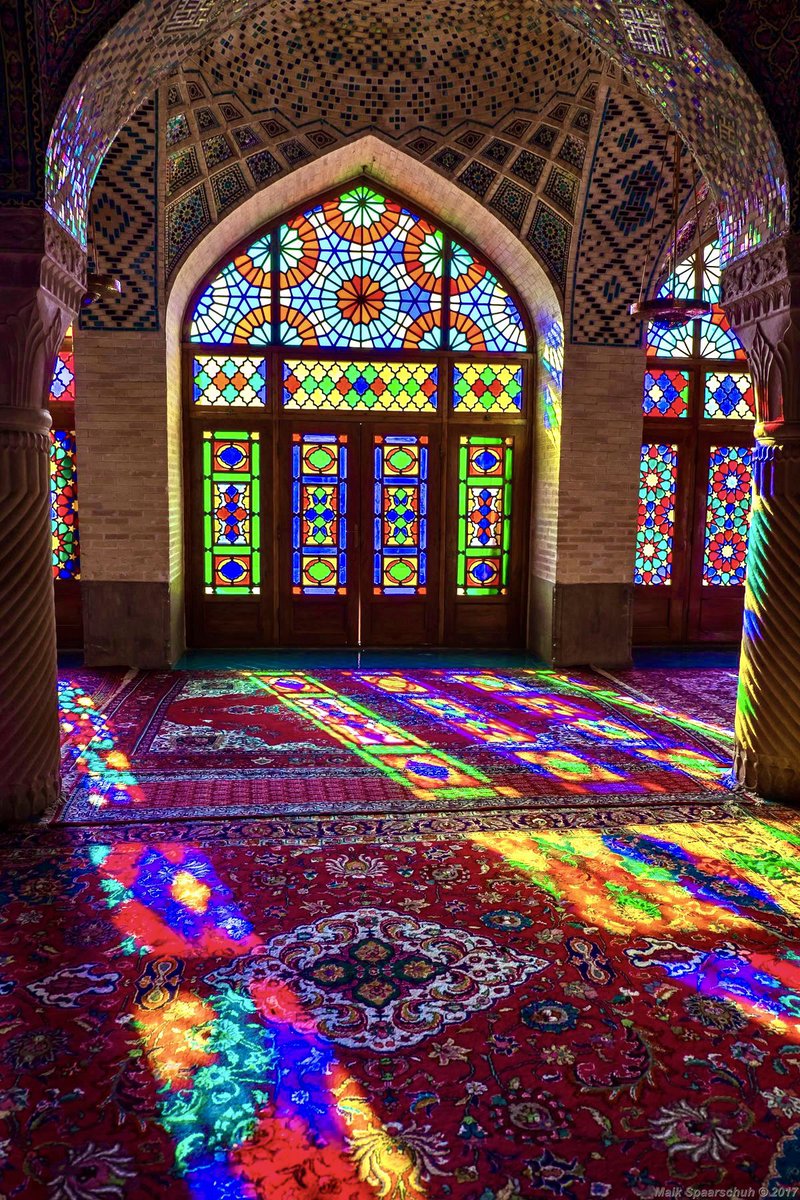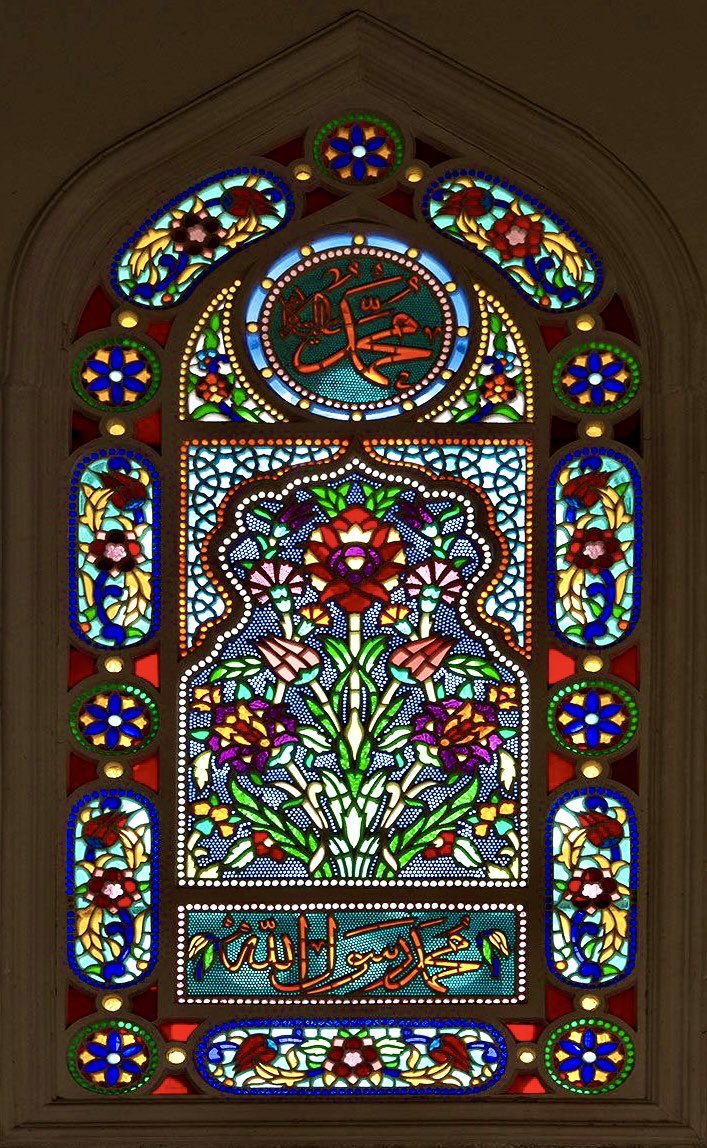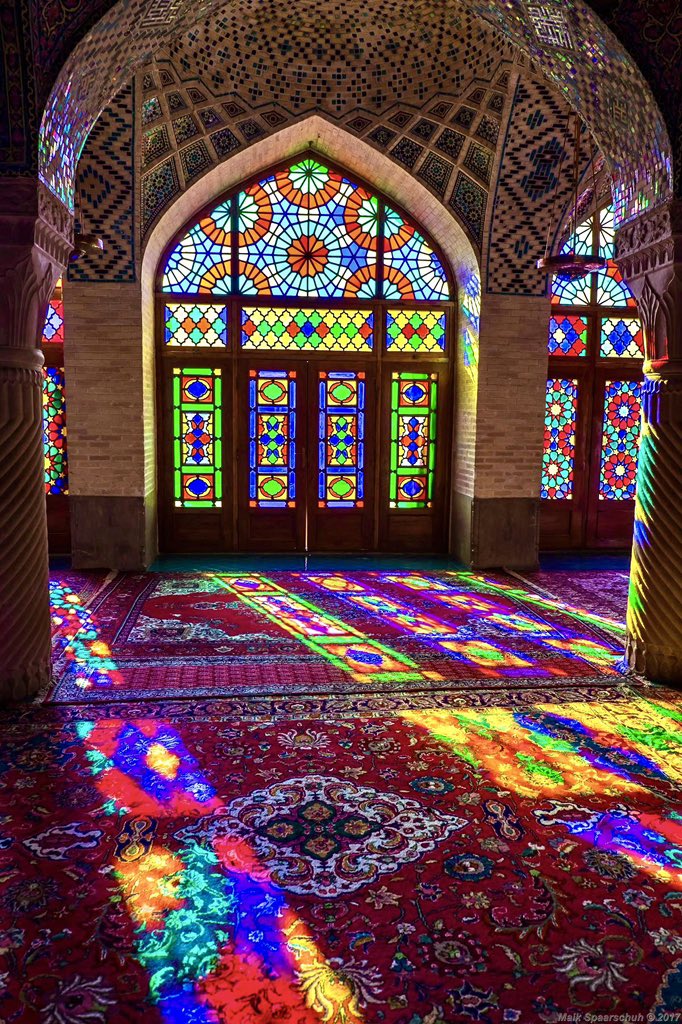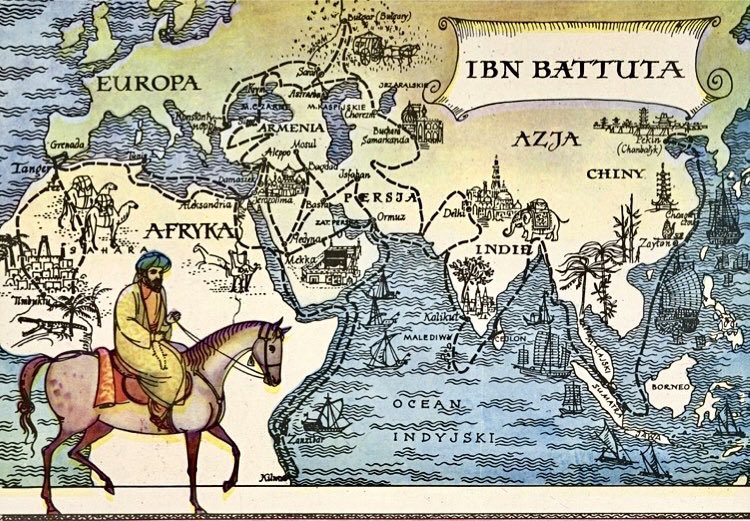International Tiger Day is celebrated every year to raise awareness about the conservation of tigers, which have been declared an endangered species. These beautiful cats have inspired artists over the centuries #TigerDay
For #WorldTigerDay a thread on Tigers in Islamic art…
For #WorldTigerDay a thread on Tigers in Islamic art…

1/ Printing or engraving on paper, ornamental calligraphy, 19th century, India now Pakistan. The tiger embodies the holy text had-i-Ali, above its back is another inscription, and the name of the mausoleum, 'Rauza-i-Shah Hasaf Ashraf' @V_and_A #tigerday 

2/ Tigers featured regularly in Mughal art. Detail of a tiger in a cave, gouache on paper, 1810. Kangra, North India @AshmoleanMuseum #tigerday 

3/ Tiger above the portal of the Sher-Dor Madrasah 1619–1636, Uzbekistan, Samarkand
The Sher-Dor Madrasah was designed by the architect Abdujabor. It has images of tigers with the sun on their backs on each side of the arch #tigerday

The Sher-Dor Madrasah was designed by the architect Abdujabor. It has images of tigers with the sun on their backs on each side of the arch #tigerday


4/ Pir Gazi and his tiger in Sundarbans, Bengal, India, around 1800 CE
Scene from the Gazi scrolls of Bengal (18th or 19th century). Depicts the legend of Pir Gazi and his tiger in the Sundarbans. His life is shown on the "Gazi Scroll" is currently in @britishmuseum #tigerday
Scene from the Gazi scrolls of Bengal (18th or 19th century). Depicts the legend of Pir Gazi and his tiger in the Sundarbans. His life is shown on the "Gazi Scroll" is currently in @britishmuseum #tigerday
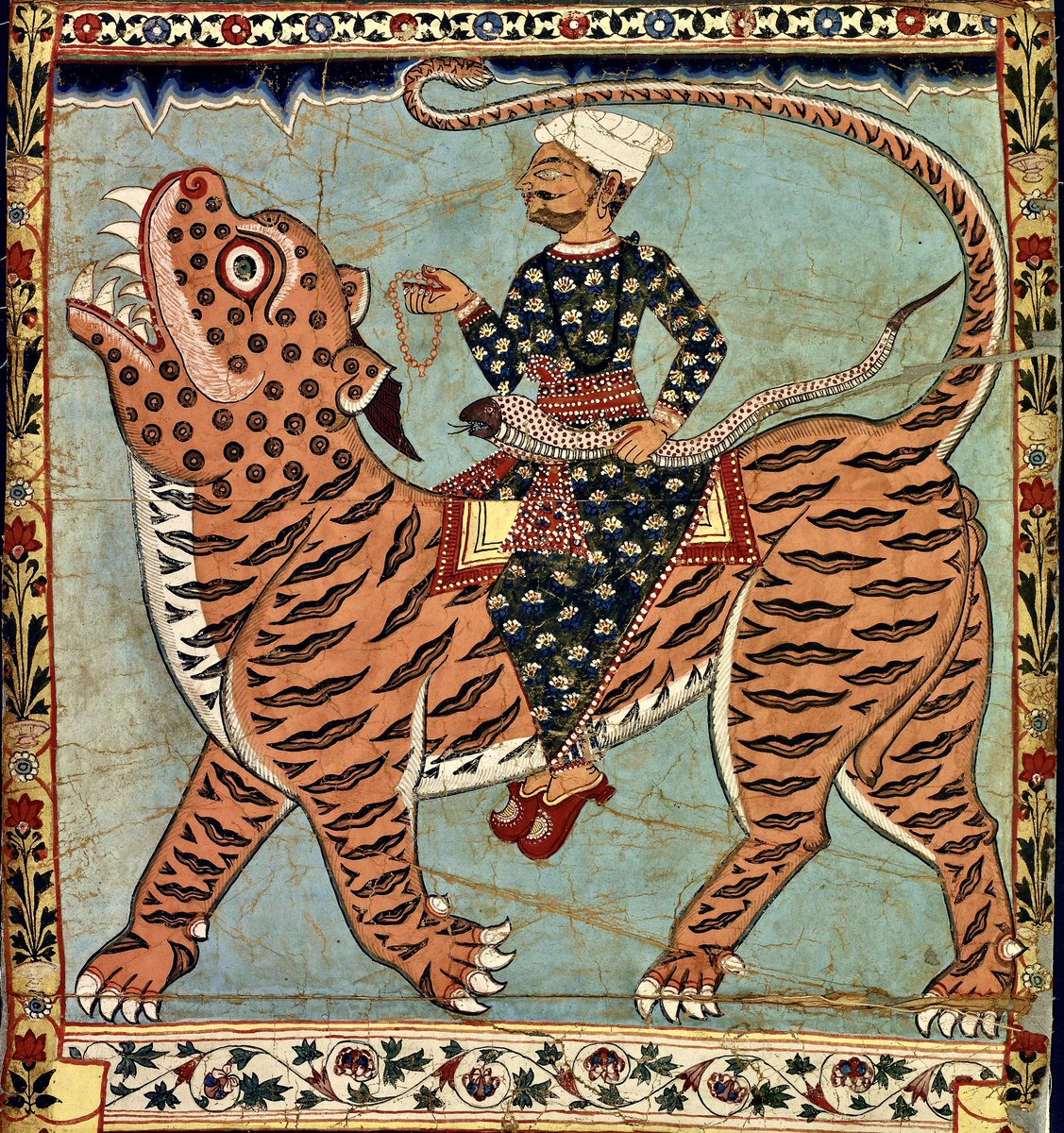
5/ Tiger
late 18th century, Mughal, India @YaleArtGallery
The simple shape of the tiger & the tree trunk as well as the tiger’s charming face & upturned paws typify the style of Sheikh Taju, an artist at the Kota court known for his paintings of tigers & hunts #tigerday
late 18th century, Mughal, India @YaleArtGallery
The simple shape of the tiger & the tree trunk as well as the tiger’s charming face & upturned paws typify the style of Sheikh Taju, an artist at the Kota court known for his paintings of tigers & hunts #tigerday

6/ Tiger
Ibn Bakhtīshū
Manāfi˓-i ḥayavān (The Benefits of Animals), in Persian, for Shams al-Dīn Ibn Ẓiyā˒ al-Dīn al-Zūshkī
Persia, Maragha, Between 1297 & 1300
@MorganLibrary #tigerday
Ibn Bakhtīshū
Manāfi˓-i ḥayavān (The Benefits of Animals), in Persian, for Shams al-Dīn Ibn Ẓiyā˒ al-Dīn al-Zūshkī
Persia, Maragha, Between 1297 & 1300
@MorganLibrary #tigerday

7/ Tipu Sultan’s Tiger Palanquin Pole Ends, Mughal India @V_and_A
Tipu Sultan (r.1782-1799) was the Muslim ruler of Mysore in South India. He famously uttered: "I would rather live a day as a tiger than a lifetime as a sheep" & adopted the royal tiger as his emblem #tigerday
Tipu Sultan (r.1782-1799) was the Muslim ruler of Mysore in South India. He famously uttered: "I would rather live a day as a tiger than a lifetime as a sheep" & adopted the royal tiger as his emblem #tigerday

8/ Tigers Head from the throne of Tipu Sultan, 1785-93
The finial, made of gold & set with rubies, diamonds & emeralds, is a rare example of fully documented 18th century South Indian goldsmiths’ work and its existence was unknown until 2009 #tigerday
The finial, made of gold & set with rubies, diamonds & emeralds, is a rare example of fully documented 18th century South Indian goldsmiths’ work and its existence was unknown until 2009 #tigerday

9/ Tigers head ornament from Tipu Sultan's throne, 1785-93
Made from gold with rock crystal eyes & teeth and gold tongue, the mouth open as if roaring. The head rests on two large paws, on a square wooden plinth base covered in red velvet in @RCT
#tigerday
Made from gold with rock crystal eyes & teeth and gold tongue, the mouth open as if roaring. The head rests on two large paws, on a square wooden plinth base covered in red velvet in @RCT
#tigerday

10/ Calligraphy in the form of a tiger, unknown artist, late 19th century, Northern India @V_and_A
In zoomorphic Arabic calligraphy, the words are manipulated into the shape of a human figure, bird, animal or object #tigerday
In zoomorphic Arabic calligraphy, the words are manipulated into the shape of a human figure, bird, animal or object #tigerday

11/ Majnun in the wilderness, from Shah Tahmasp's imperial copy of the Khamsah by Niz̤āmī. Mid-16th century, painted by Mīrak. Commissioned for Mughal Emperor Akbar. In it, Majnun affectionally strokes a tiger - you can almost see him purring @britishlibrary #tigerday 

14/ A tiger, from a copy of ‘Ajā’ib al-makhlūqāt wa-gharā’ib al-mawjūdāt (Marvels of Things Created and Miraculous Aspects of Things Existing) by al-Qazwīnī (d. 1283/682), Mughal India, possibly the Punjab, 17th century from National Library of Medicine #tigerday 

15/ Painting on cloth depicting a tiger, Rajasthan, probably Udaipur, circa 1900-1920
Gouache on cloth, inscriptions in nagari script at upper right and lower centre, backed #tigerday
Gouache on cloth, inscriptions in nagari script at upper right and lower centre, backed #tigerday

16/ A Tiger illustrated through Arabic calligraphy, representing power & majesty, but also control of the ego #tigerday 

• • •
Missing some Tweet in this thread? You can try to
force a refresh




